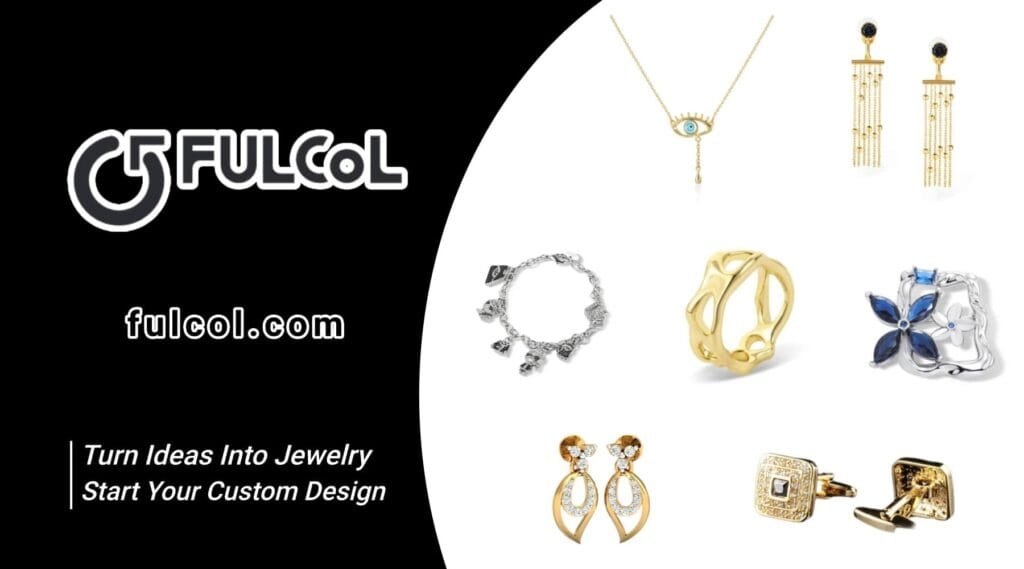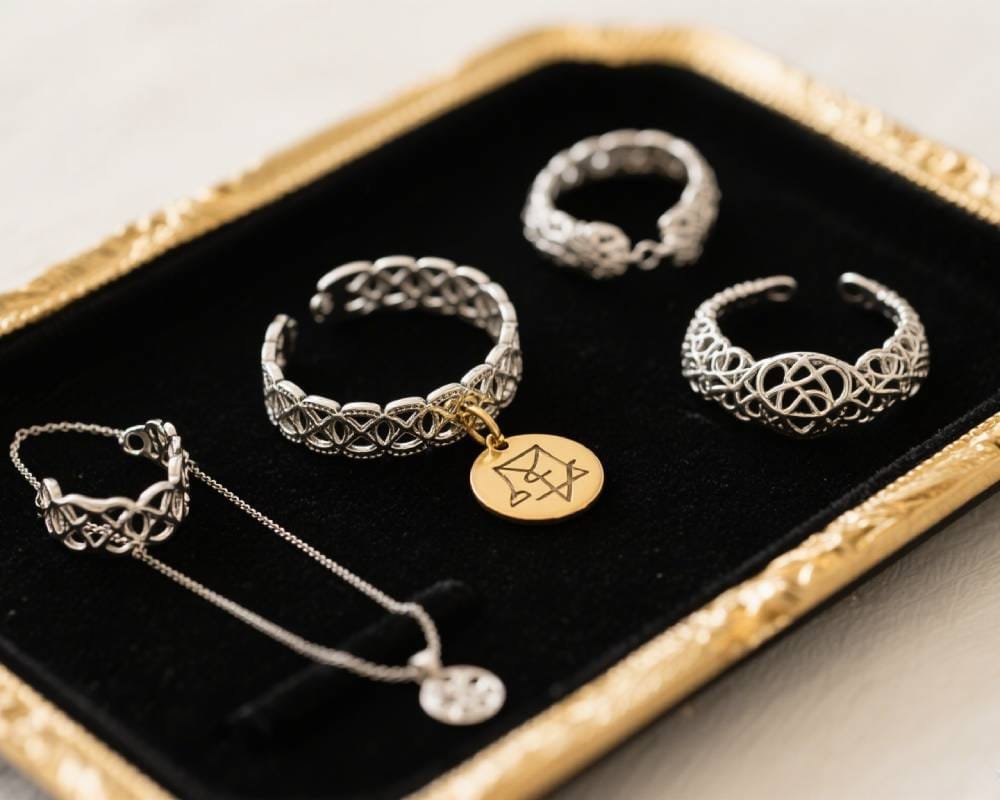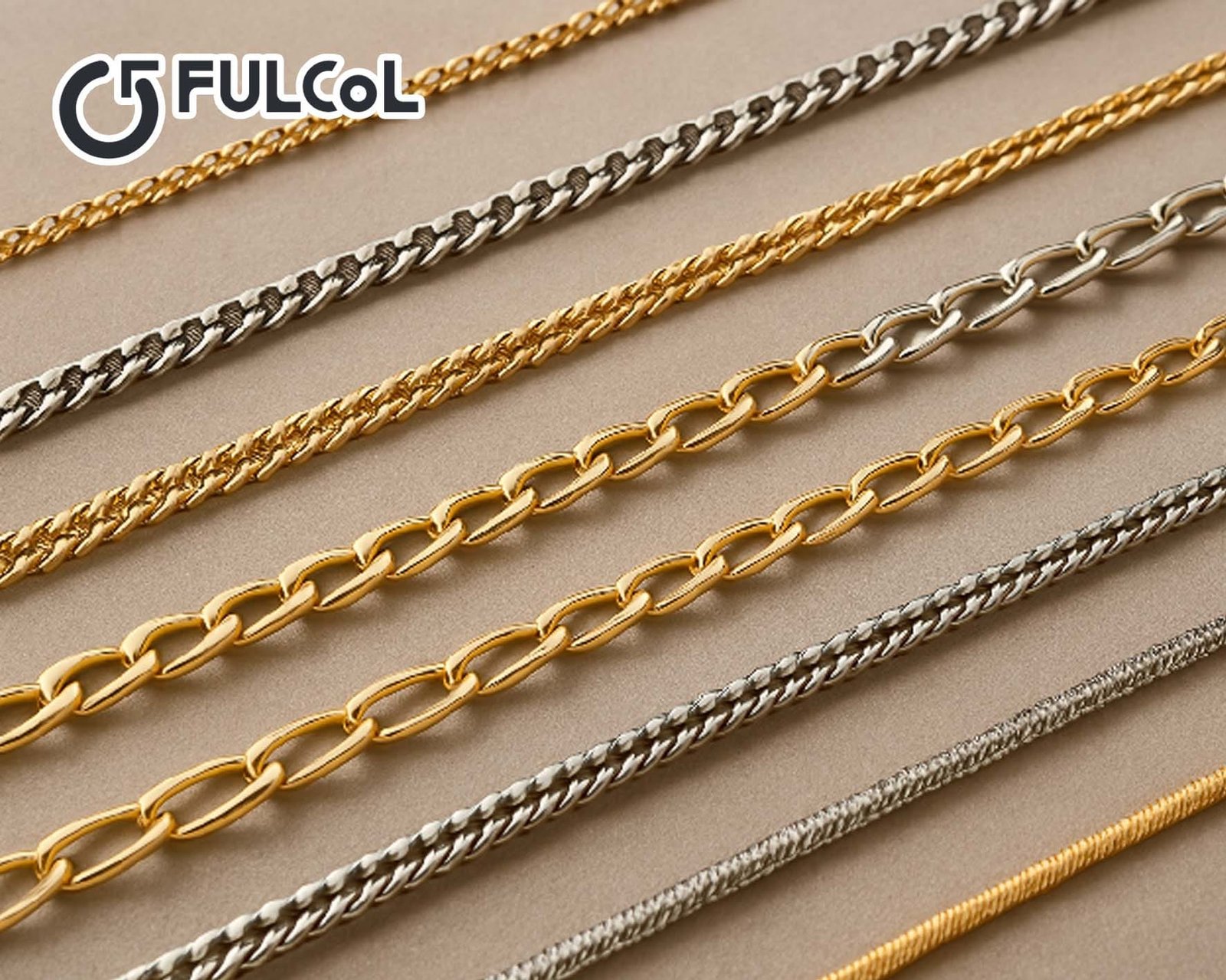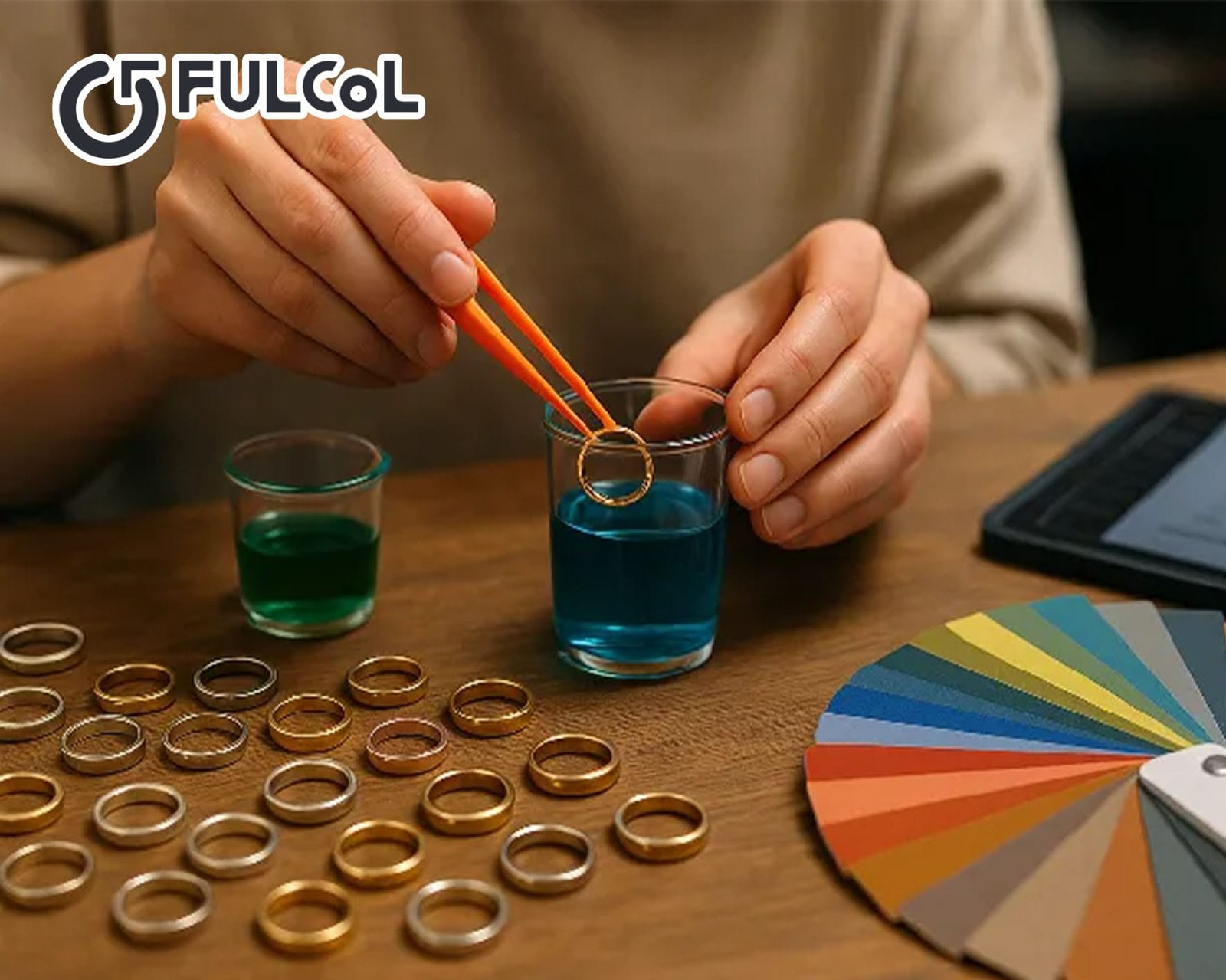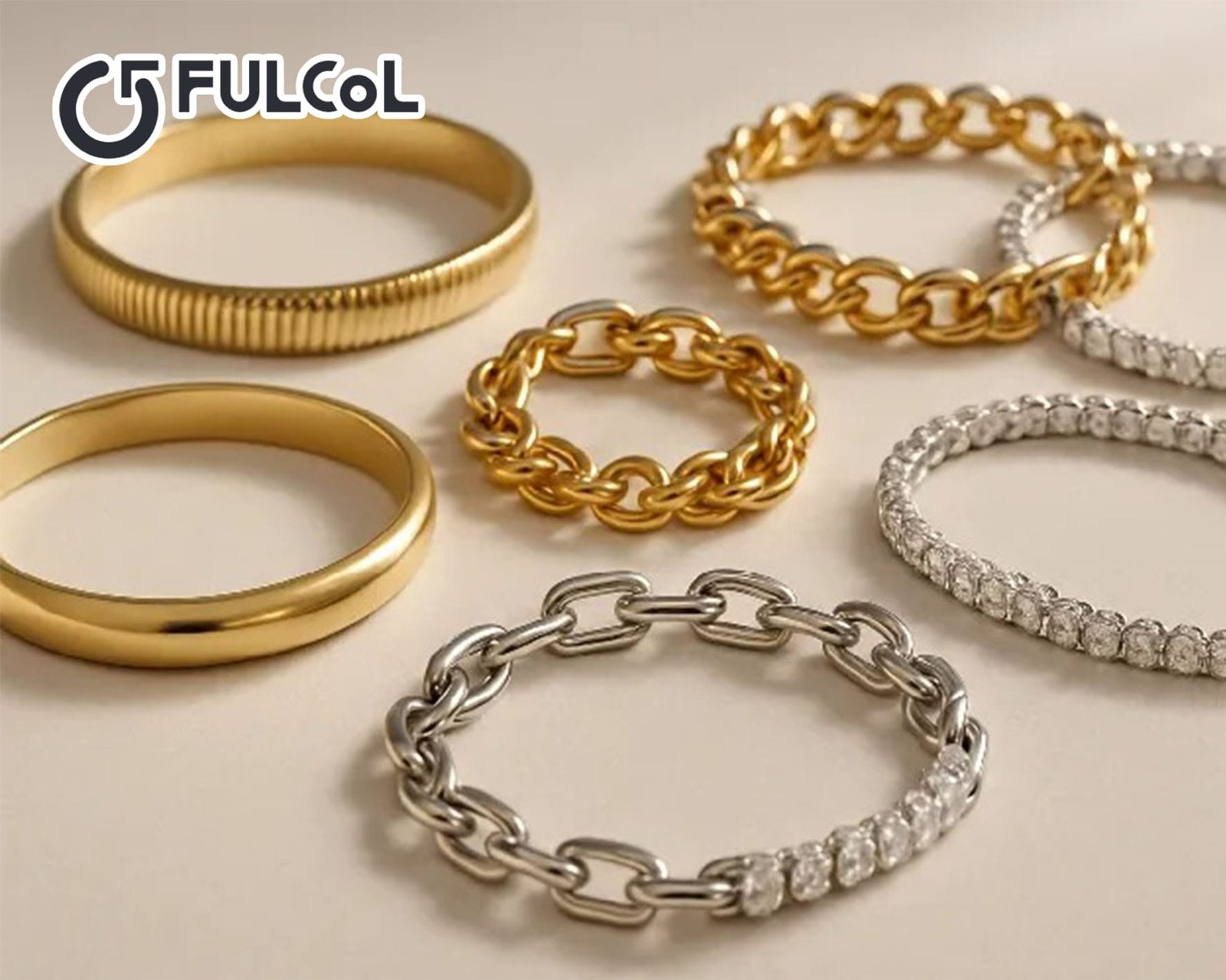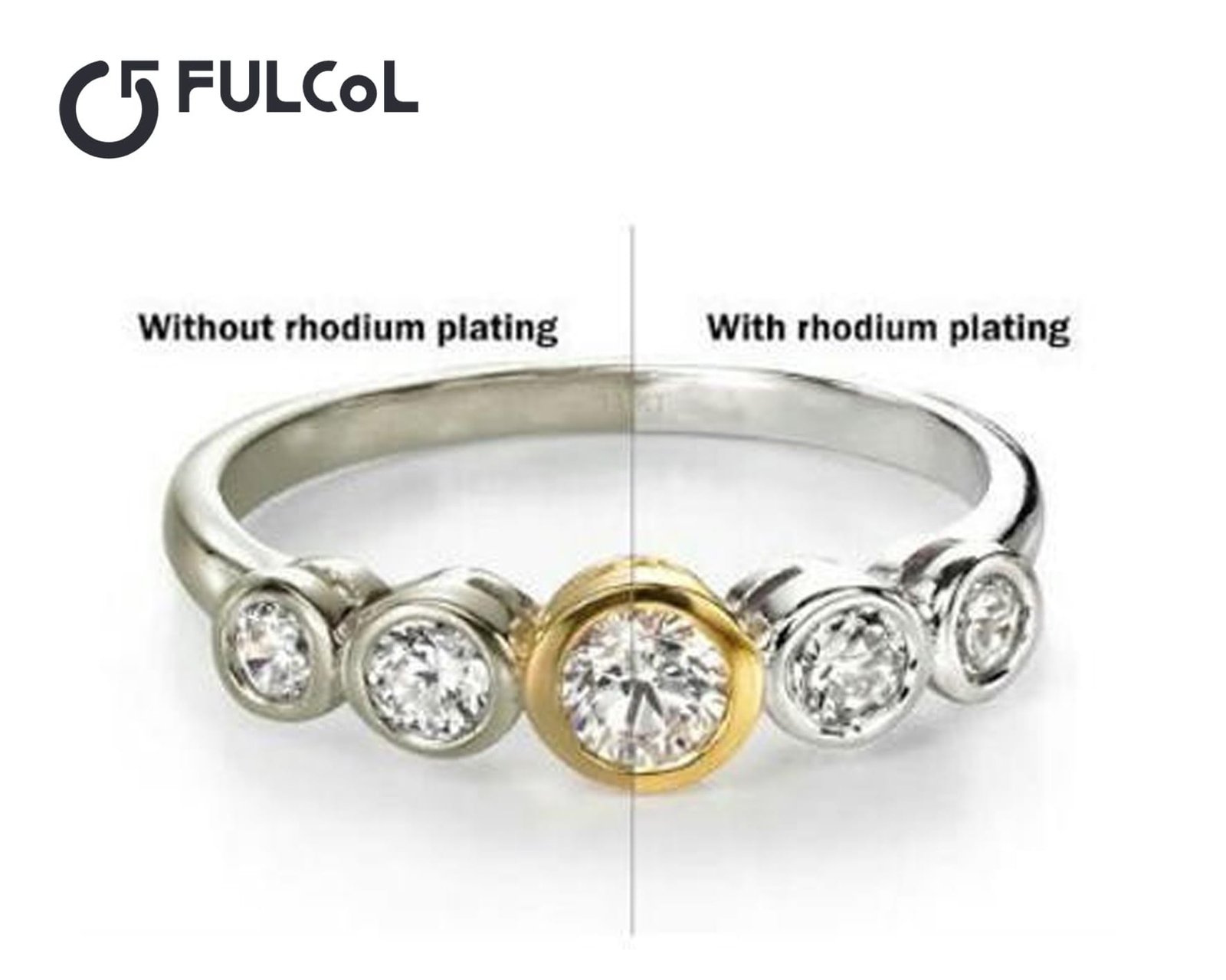As personalized consumption becomes increasingly popular, more and more people are no longer satisfied with the same finished jewelry, but tend to seek exclusive customization to create jewelry that truly belongs to them. Whether it is a brand, an e-commerce platform, or a designer studio, finding a trustworthy, professional, and considerate custom jewelry manufacturer is a key step in starting high-quality cooperation. However, facing many suppliers in the market who claim to support customization, how to judge their true strength? Fulcol will gradually reveal the core elements that must be paid attention to when choosing custom jewelry manufacturers from a professional perspective, helping readers avoid risks, save time, and choose the right partner.
Table of contents
- Manufacturer’s qualifications and experience: the first step to measure professional level
- Material and process capabilities: the core elements that determine product quality
- OEM/ODM service capabilities: the key to supporting creative realization
- Price transparency and delivery guarantee: two key points to avoid pitfalls
- Communication efficiency and service response: good cooperation starts with understanding
- Visit the factory and sample evaluation: verify the promise with facts
Manufacturer’s qualifications and experience: the first step to measure professional level
To evaluate whether a jewelry manufacturer is worth cooperating with, the first thing to pay attention to is its qualification certification and work experience. Formal manufacturers should have basic qualifications such as legal business licenses, import and export qualifications, and tax registration certificates. In addition, industry certifications such as ISO 9001 quality system, BSCI social responsibility audit, Sedex, WRAP, etc. can reflect the standardization of the factory in management and sustainability to a certain extent.
For example, most jewelry manufacturers in Guangzhou, Shenzhen and other places in China have more than 10 years of industry experience, but years of experience is not the only criterion. What is more critical is to see whether they have successful cases of serving international customers, such as small and medium-sized brands in Europe and the United States or Amazon independent station sellers. If possible, ask the other party to provide brand information of some cooperative customers, and conduct cross-platform research on the reputation of these brands in the market.
Experienced manufacturers are often more mature in project process control, material procurement, design implementation, and quality stability. They can deal with unexpected problems and provide alternative solutions to reduce uncertainty in cooperation.
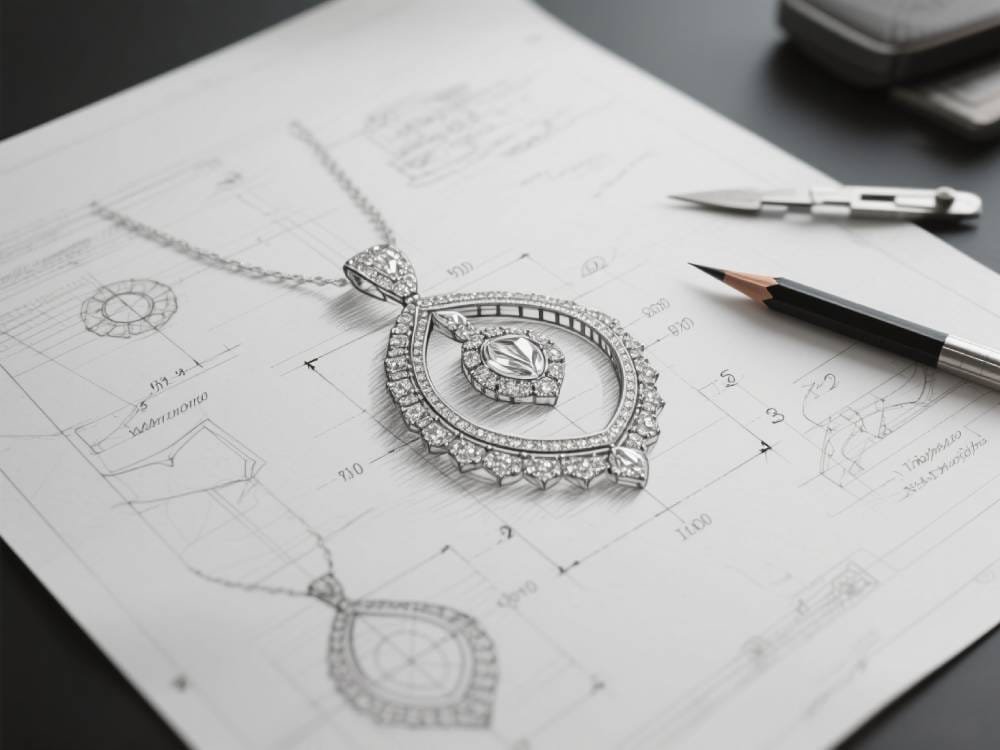
Material and process capabilities: the core elements that determine product quality
Customized jewelry is not just drawing and proofing, but involves complex material and process coordination behind it. The most basic thing is to confirm whether the factory has the ability to stably supply high-quality raw materials.
Take the common 925 sterling silver and brass as an example:
- 925 sterling silver requires a silver content of not less than 92.5%. Some manufacturers use low-silver alloys to reduce costs, causing the final product to be easily oxidized and faded.
- Whether brass jewelry is environmentally friendly and lead-free and whether the nickel content meets the standard is a key audit standard for export to Europe and the United States.
The second is process capability. A mature custom factory should be able to master at least the following basic processes:
- Wax carving/3D modeling → mold making → casting → grinding → inlaying → electroplating → polishing → quality inspection
For example, the electroplating part:
- The thickness of high-quality gold plating is generally 0.5~2.5 microns, and common materials include real gold (14K/18K/24K), rose gold, rhodium gold, etc.
- Whether the plating is anti-oxidation, anti-corrosion, and passes the salt spray test or sweat test is a key detail that reflects professionalism.
It is recommended to actively request material test reports and plating thickness test data (such as XRF testing) when communicating with manufacturers to enhance judgment. Truly professional factories will not avoid these data, and can even invite customers to come to the factory for inspection or video display in person.
OEM/ODM service capabilities: the key to supporting creative realization
For many brands, the core appeal of customization is not only sample production, but also “I have an idea, can the factory help me realize it?” This involves OEM (processing according to drawings) and ODM (design and development) service capabilities.
Manufacturers with strong OEM/ODM capabilities are usually equipped with the following configurations:
- Internal modeling and design team, supporting mainstream tools such as CAD drawing, Zbrush 3D modeling, and Rhino parameter modeling.
- A skilled sample department can quickly convert digital models into wax samples and original models.
- A fast response mechanism, from drawing confirmation to finished product sample delivery within 7-12 working days.
For example, Fulcol supports customers to provide sketches, photos or even just creative instructions, and the internal design team can develop complete drawings and optimize them in combination with material properties. At the same time, ODM services are not limited to graphics, but also include professional feedback on inlay suggestions, structural strength, wearing comfort, etc.
When choosing a manufacturer, customers should focus on evaluating the following issues:
- Can it support full-process customization?
- Is there a fixed designer in charge of the project?
- Are multiple rounds of modification and optimization of proofing allowed?
These details often determine whether an idea can eventually be implemented into a truly marketable product.
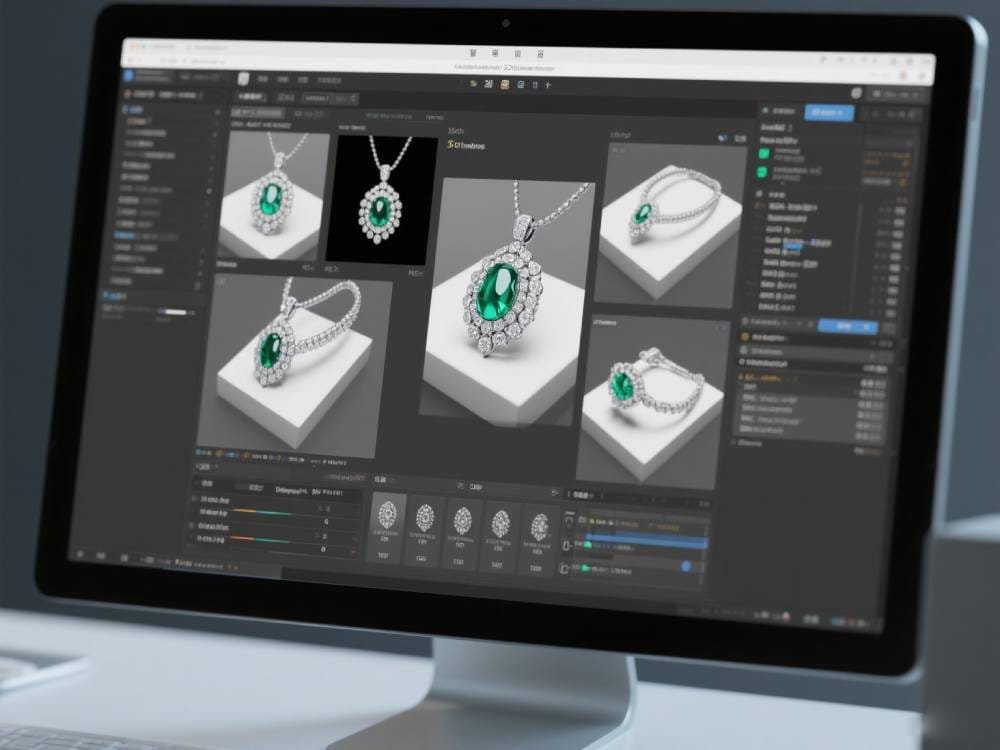
Price transparency and delivery guarantee: two key points to avoid pitfalls
In cooperation with custom factories, many brands are most afraid of two things: “price trap” and “out-of-control delivery”. Therefore, transparent quotation mechanism and stable delivery capability become the key criteria for whether it is worth cooperating.
In terms of price, it is recommended to clearly require manufacturers to provide detailed cost breakdown: including basic material costs, process processing costs, electroplating costs, labor costs, packaging costs, etc. This can clearly compare the price floating points under different schemes.
Some manufacturers quote extremely low prices in the early stage to get orders, and then raise costs through various additional items in the later stage, or reduce quality and cut corners in the bulk stage.
As for delivery, it is recommended to clarify at the contract stage:
- Proofing cycle
- Bulk production cycle
- Delay penalty mechanism or risk plan
Professional factories generally have ERP management systems, which can visually track the entire process of proofing, raw material procurement, production, quality inspection, and delivery.
Communication efficiency and service response: good cooperation starts with understanding
Jewelry customization is an industry that relies heavily on communication. A design drawing or a voice description may contain multiple meanings. If communication is not smooth, it will easily lead to misunderstandings, rework, and even order failure.
A trustworthy manufacturer usually has the following communication advantages:
- Multilingual customer service team
- One-to-one project manager system to avoid changing people and repeating explanations every time you contact
- Fast response time: generally reply within 12 hours, and efficient factories even give feedback within 2 hours
In addition, professional factories usually provide the following support:
- Screenshot feedback during design confirmation
- Photograph and video feedback at each important progress node
- Proactively propose modification suggestions instead of passive execution
If you feel that the response is slow, the language is vague, or the answer is vague during the initial communication stage, it is recommended to cooperate with caution.
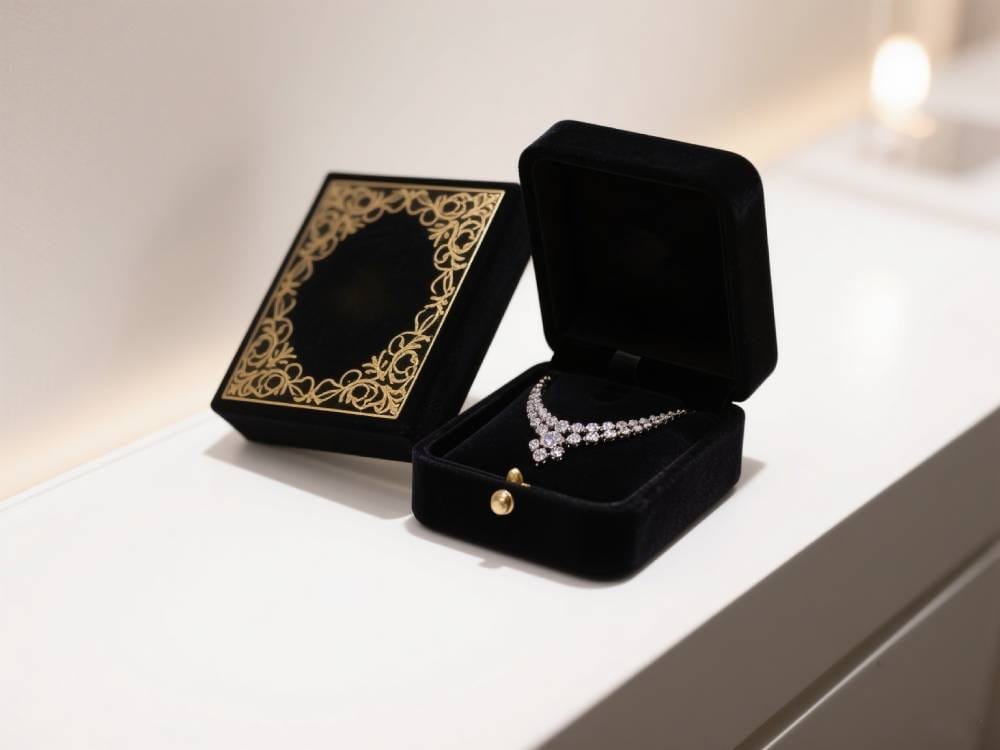
Visit the factory and sample evaluation: verify the promise with facts
What you learn on paper is always shallow, and the real inspection often occurs during field visits or sample verification. If conditions permit, it is recommended to arrange a visit to the manufacturer’s factory in person, focusing on the following aspects:
- Is the production workshop clean and tidy and has a division of labor process
- Is the workshop divided into professional areas such as wax carving area, casting area, electroplating area, quality inspection area, etc.
- Is it equipped with X-ray coating detector, nickel release tester, etc.
If you cannot visit the site, you can also conduct a cloud factory inspection through video conferencing. At the same time, ask the manufacturer to send 3~5 samples to observe the following details:
- Whether the surface smoothness and polishing are uniform
- Whether the color of the electroplating layer is stable and free of obvious impurities
- The firmness of the inlaid gemstones
- Whether the interface is polished flat and has no burrs
The rule of thumb is: the sample represents 90% of the true level of a factory. If the sample gap is obvious, the risk of cooperation is extremely high.
| Start Your Custom Order | Email: info@fulcol.com | Number: +86 13055603907 |
Choosing a suitable custom jewelry wholesale manufacturer is not only about product quality, but also affects the brand’s growth rate and user experience. Through the seven key points of sorting out, from qualification experience, material technology, to price, service, communication and inspection, they are all “telescopes” to help you accurately select high-quality partners from a large number of suppliers.
In the world of customization, a truly reliable factory is not only a “producer”, but also your co-creation partner. They understand design, market, quality, and respect the unique value of each brand.
Before starting the next project, perhaps you can start from this list and ask a few key questions to your potential manufacturers, and then decide whether this is a long-term partner you can trust.
